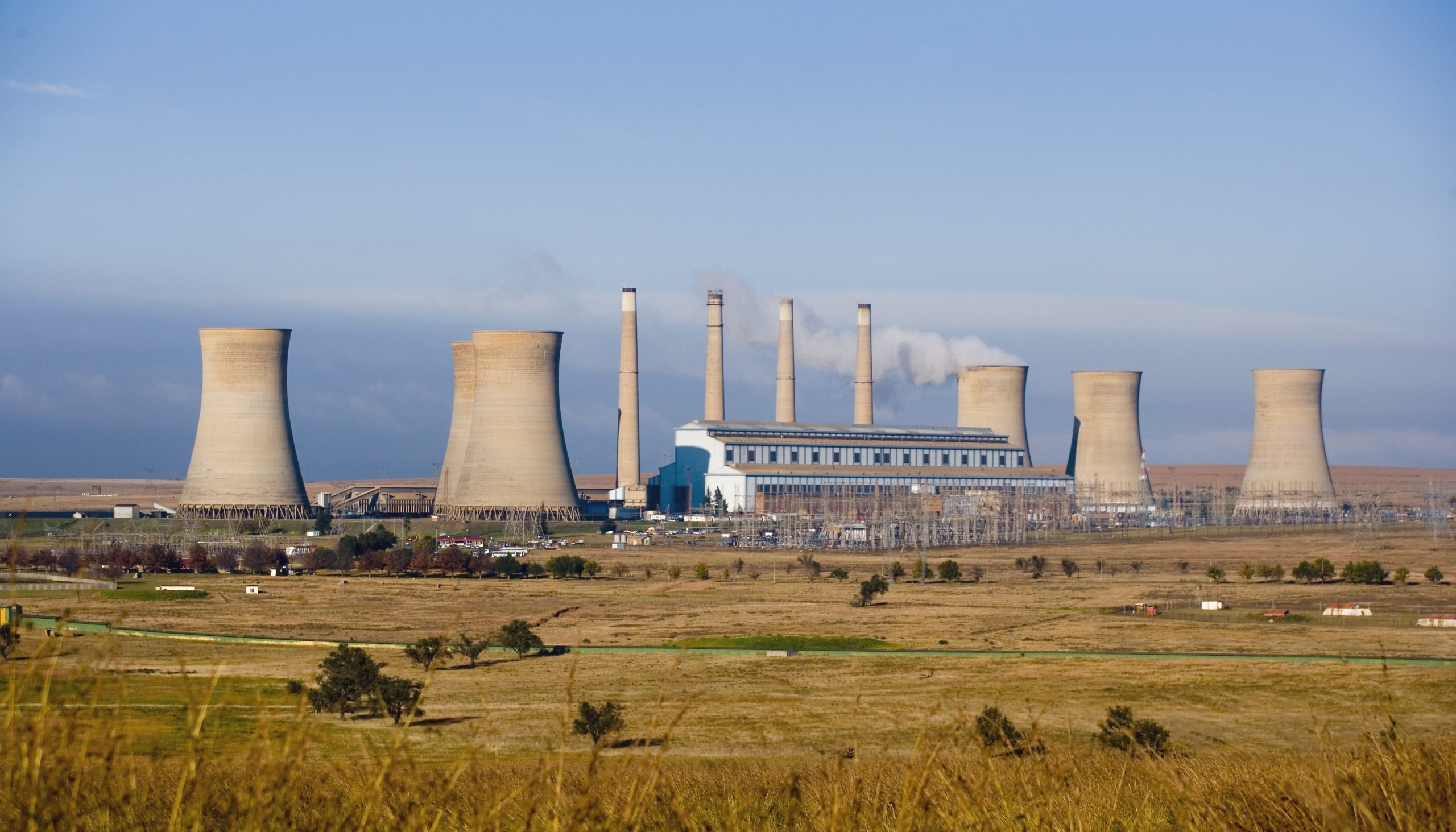Embracing a Sustainable Future: Exploring Alternative Energy Generation Options
As the world shifts towards a more sustainable and environmentally conscious future, alternative energy generation has become an increasingly vital component of our daily lives. From residents and farmers to commercial and industrial applications, there are numerous options available for harnessing renewable energy. In this blog post, we’ll delve into the different types of alternative energy generation suitable for small-scale applications.
Residential Alternative Energy Generation
For homeowners, alternative energy generation can significantly reduce reliance on the grid and lower energy bills. Some popular options include:
- Solar Power: Photovoltaic (PV) systems convert sunlight into electricity, making them an ideal choice for homes with sufficient rooftop space.
- Wind Power: Small wind turbines can be installed on residential properties, generating electricity from wind energy.
- Geothermal Energy: Ground-source heat pumps harness the natural heat of the earth to provide heating, cooling, and hot water.
Agricultural Alternative Energy Generation
Farmers and agricultural businesses can benefit from alternative energy generation by reducing energy costs and increasing self-sufficiency. Some suitable options include:
- Biogas Generation: Anaerobic digesters convert organic waste into biogas, which can be used for heating, cooking, or generating electricity.
- Solar-Powered Irrigation: Solar panels can power irrigation systems, reducing the energy costs associated with crop cultivation.
- Wind Power: Medium-sized wind turbines can be installed on farmland to generate electricity and reduce reliance on the grid.
Commercial and Industrial Alternative Energy Generation
Small-scale commercial and industrial applications can also benefit from alternative energy generation. Some options include:
- Solar Power: Rooftop or ground-mounted solar panels can generate electricity for commercial and industrial buildings.
- Cogeneration: Combined heat and power (CHP) systems generate electricity and heat from a single fuel source, increasing energy efficiency.
- Biomass Energy: Organic waste can be converted into energy through combustion, anaerobic digestion, or gasification.
Conclusion
Alternative energy generation offers a cleaner, more sustainable future for residents, farmers, and commercial and industrial applications. By harnessing renewable energy sources, individuals and businesses can reduce their reliance on fossil fuels, lower energy costs, and contribute to a more environmentally conscious world. As technology continues to evolve, we can expect to see even more innovative and efficient alternative energy generation solutions emerge.
Recommended Next Steps
- Conduct a site assessment: Evaluate your property’s potential for alternative energy generation.
- Research local incentives: Explore government incentives, tax credits, and rebates for alternative energy generation.
- Consult with Practical Solar Solutions: We only work with qualified installers to provide the best alternative energy generation solution for your specific needs.
By embracing alternative energy generation, we can create a more sustainable future for generations to come.


